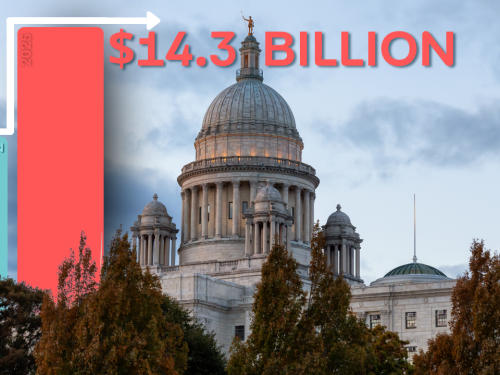When Japanese fighter pilots bombed the U.S. Navy base at Pearl Harbor on Dec. 7, 1941, Thomas S. Takemura was raising vegetables and raspberries on his family’s 14 ½-acre farm in Tacoma, Washington.
It wasn’t long after the United States declared war on Japan that Takemura and other people of Japanese ancestry were stripped of their rights and shipped off to incarceration camps scattered in small remote towns like Hunt, Idaho, and Delta, Utah. Scorching heat and dust storms added to the day-to-day misery.
Takemura’s incarceration began on May 12, 1942, just a week before he could harvest his lettuce.
“What a shame,” he later said. “What a shame.”
Read the full article on The Conversation.





